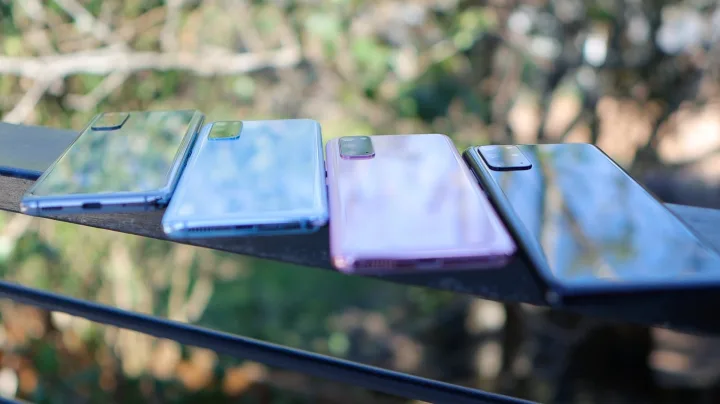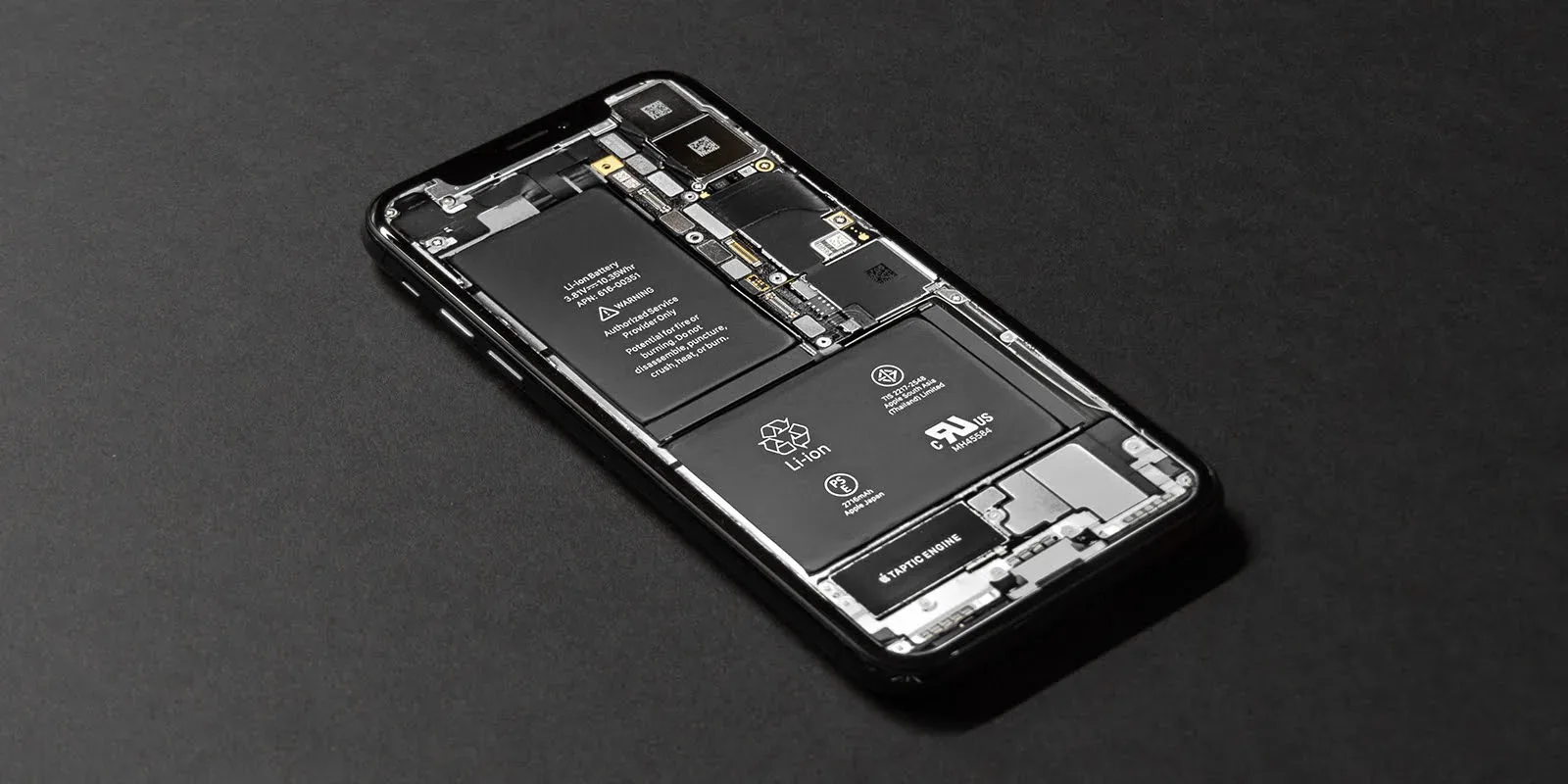The coronavirus pandemic has drastically reshaped our lives. Going back to normality seems impossible, and from here onwards, there’s going to be a noticeable shift in consumer behavior. Tech giants have constantly been in a battle over consumer disposable income by launching attractive smartphones with newer, more advanced features. However, the recovering economy and loss of jobs mean less consumer spending and a tighter hold on their purse strings.

However, with that being said, one of the industries that is thought to bounce back into action is the smartphone industry. Smartphones are an essential item now, and with talks of them being used to help manage and maintain the spread of the virus, there most definitely is a bright future for them. Smartphones offer an advantage over many other technological devices. The fact that they are easy to use, portable, and can hold a mass amount of processing power gives them a greater advantage over other types of technology such as laptops and tablets. Even cheaper smartphones house great capabilities making them affordable for all to have and use.
As many countries begin to ease their lockdown phase, the economy and industries will slowly begin to pick up again. Here’s a look at some of the handsets that were due to be launched before the outbreak of coronavirus.
iPhone SE
Apple’s higher-end phones, such as the iPhone 11, continuously send ripples through the smartphone industry thanks to their cutting edge technology and innovative designs. However, for those who can’t afford the top tier handsets, Apple released its iPhone SE range. The SE versions of the handset are much cheaper than their older iPhone siblings and compromise slightly on features. But, with that being said, for a cheaper version, it’s still got a lot of great features for the price tag. The latest iPhone SE will have the same chip that is used in iPhone 11 Pro along with some of the same camera features such as blurring backgrounds and portrait mode. The handset is expected to go on sale once the lockdown is lifted.
Also read: iPhone SE 2 tips and tricks 2020
OnePlus 8 and One Plus 8 Pro
Unlike the last generation handsets, both phones are identical in looks at a quick glance. They both look similar to the OnePlus 7T with some minor changes. Noticeably, OnePlus has taken away the pop-up camera meaning the newer medals have a punch-hole camera cutout located in the upper left corner of the handset. Other than screen size, the OnePlus 8 Pro is slightly heavier, thicker and curvier than the OnePlus 8. They are both available in Onyx Black and Glacial Green.
Samsung Galaxy S20 Ultra
The Samsung Galaxy S20, S20+, and S20 Ultra all house revolutionary 8K Video Snap which will change how you capture not just video but photography. The handsets also feature Samsung Knox security keeping your online footprint safe and an intelligent battery, powerful processor along with vast storage capabilities. The Galaxy S20 series unveils a whole new world for mobile available with 5G connections. The camera function of the handsets features some of Samsung’s most impressive technology to date with super zoom features and increased sensor size for impressive low light pictures.
Huawei P40 and Huawei P40 Pro
Huawei’s P40 series, includes the base P40, the P40 Pro, and the P40 Pro Plus. all handsets are on sale in Europe and the UK, with the hope of taking on the likes of the iPhone 11 Pro, Galaxy S20, and OnePlus 8. However, the company’s ongoing difficulties with the US government means Huawei phones do not use Google services. Unfortunately, this means no Google Play Store and no support for Gmail, YouTube, Maps, or Chrome. But, the phone does come with Huawei’s own email client, browser, and its own app store. There are a number of big-name apps available, such as Amazon, Snapchat, and Fortnite. One of the biggest attractions is Huawei’s ability to equip its phones with highly functioning cameras. The P40 Pro houses four lenses. One is a standard zoom, the second a super wide-angle lens, the third a 5x optical zoom lens and the fourth is a depth-sensing lens.





Share Your Thoughts